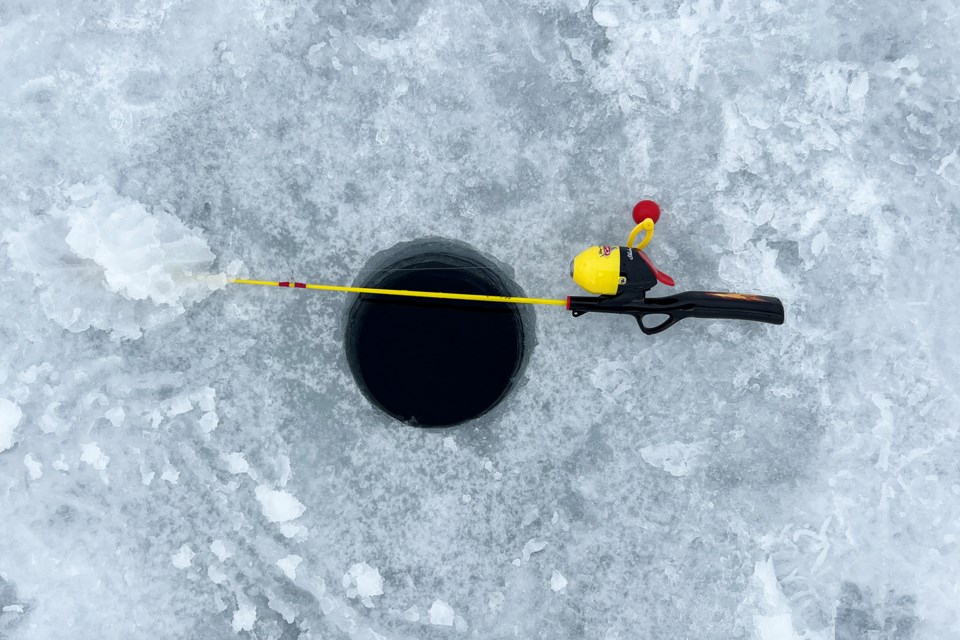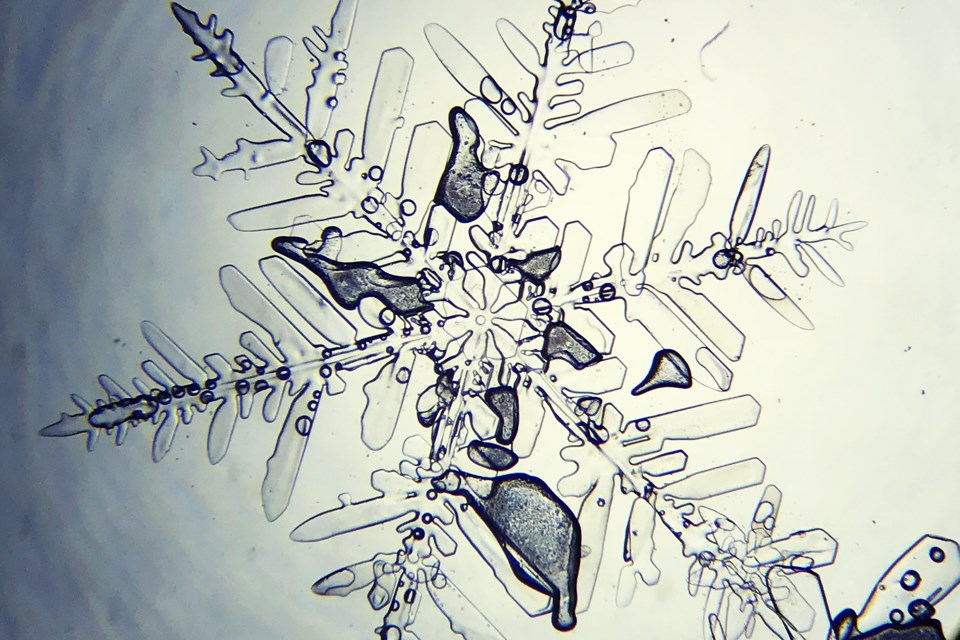As Old Man Winter has been blowing more warm air than cold up to this point in the season, causing worry among local ice-hut operators and ice-fishing enthusiasts, the weather has certainly been grim for the season.
“That will change starting next week,” Environment Canada meteorologist Peter Kimbell told BarrieToday.
“We have another storm in the forecast for this coming weekend, with mostly snow in Barrie,” he added. “There might be some freezing rain, but it will mostly be a wintertime event. And behind that it is going to get very cold, and there is probably going to be snow squalls, and we will start to see the snow pile up.”
As of right Wednesday, Kimbell says about one-tenth of the surface on Lake Simcoe is currently frozen, as it’s been unseasonably warm.

Water ice can be best described as a “strange animal” in the world of physics. Most substances tend to have their density increase as they get colder. But water is a bit different, as it reaches its maximum density at 4 Celsius.
“What that means is that in the summer the water is fairly warm and in the fall it cools off, as we know, and as the air above it gets colder, the top layer of water cools off as well,” Kimbell said.
“As it is colder, the water becomes more dense than the water below it, therefore it sinks, and that sinking process causes the whole column of water (to move) and be replaced by the less dense warmer water below it,” he added.
When the entire depth of lake water cools off to 4 C and continues to get colder, its density decreases past the four-degree mark.
Without the sinking, this creates ice on the surface.
“Otherwise, the whole lake would freeze from top to bottom and there would be no fish,” Kimbell said. “It’s a remarkable property of water that allows only the top layer to cool and form ice. It’s so distinct from any other substances.”
And as many know, late-season ice can be especially dangerous on Lake Simcoe as temperatures rise.
The column of ice melts uniformly through the entire thickness of it.
“What I have learned over the years is that the whole ice layer tends to turn to mush progressively,” Kimbell said. “Even if you have a thick layer of ice in late March, it would be soft ice that would not support any weight.
So, as it is during every winter on Lake Simcoe and other local lakes, it’s enter at your own risk.



